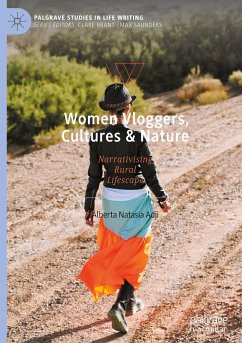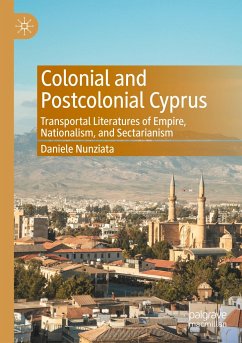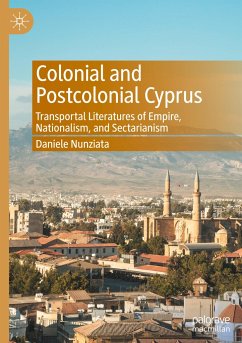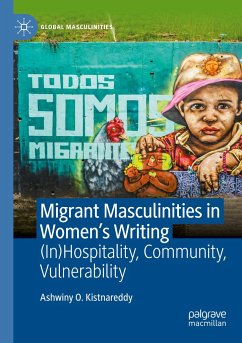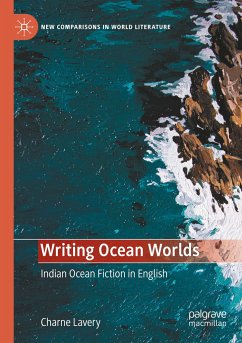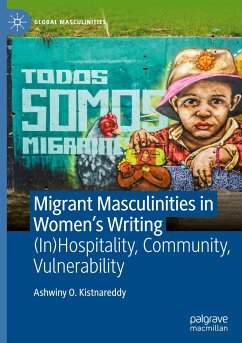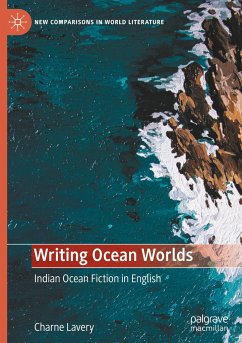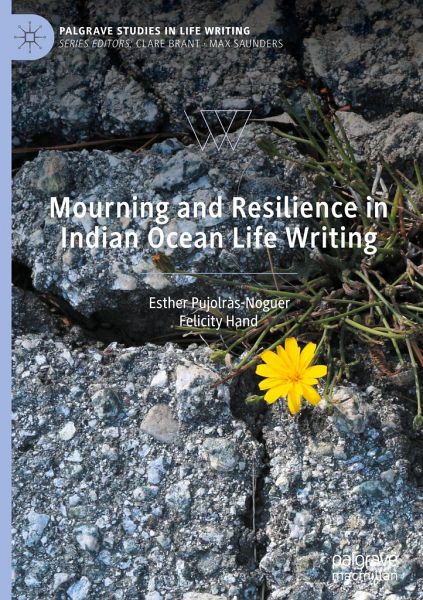
Mourning and Resilience in Indian Ocean Life Writing
Versandkostenfrei!
Versandfertig in 6-10 Tagen
83,99 €
inkl. MwSt.
Weitere Ausgaben:

PAYBACK Punkte
42 °P sammeln!
This volume examines a selection of life writing in English by authors from the South West Indian Ocean, namely South Africa, East Africa, Mauritius and Sri Lanka. The two motifs that run through the chapters - mourning and resilience - are theoretical frameworks that have so far not been brought into conversation in this way. The combination of trauma studies and autobiographical analysis sharpens the focus of the discussions on Indian Ocean life writing, privileging an Indian Ocean imaginary that is transnational and cross-oceanic in its orientation and pointing to networks of connections th...
This volume examines a selection of life writing in English by authors from the South West Indian Ocean, namely South Africa, East Africa, Mauritius and Sri Lanka. The two motifs that run through the chapters - mourning and resilience - are theoretical frameworks that have so far not been brought into conversation in this way. The combination of trauma studies and autobiographical analysis sharpens the focus of the discussions on Indian Ocean life writing, privileging an Indian Ocean imaginary that is transnational and cross-oceanic in its orientation and pointing to networks of connections that transcend the nation state, which is often the origin of trauma in the first place. Filling a gap in Indian Ocean studies in its close readings of trauma and resilience, the book also broadens perspectives on postcolonial life writing since little attention has been paid so far to Indian Ocean autobiographical literary products. By the same token, the volume also enriches the field of Indian Ocean literary studies by incorporating life writing as an aesthetic strategy which helps to configure Indian Ocean subjectivities.



